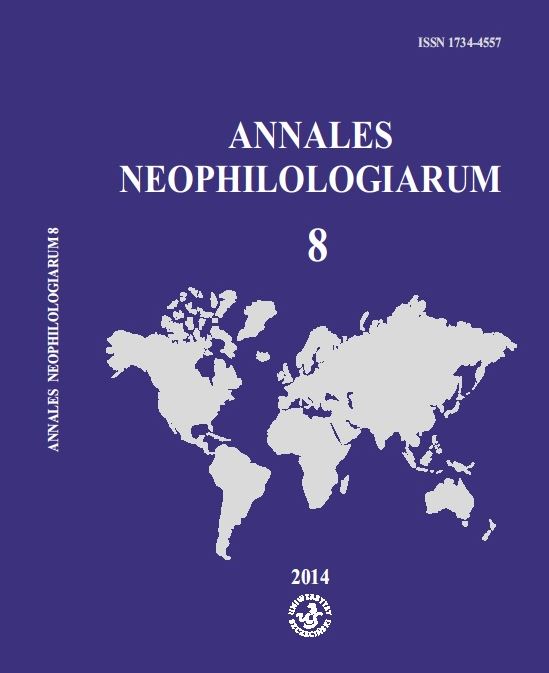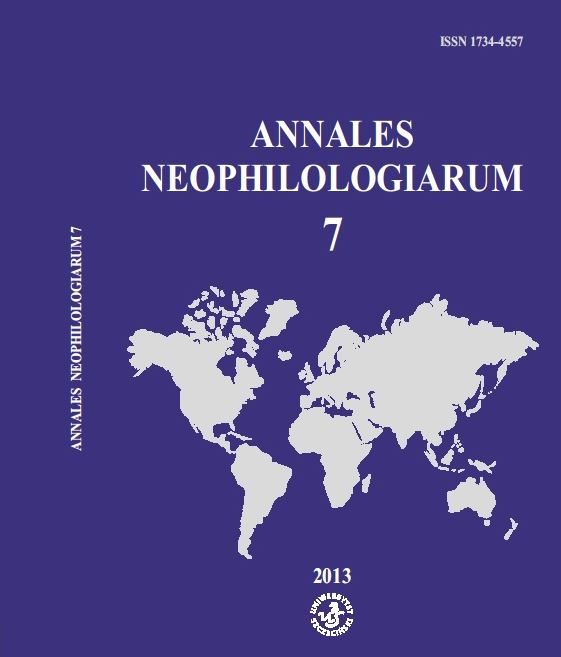
Kognitive Mechanismen der Ausdrucksprofilierung im Prozess der Verarbeitung ausgewählter Farbenbezeichnungen im Deutschen und Polnischen
The aim of the paper is an examination of the cognitive mechanisms responsible for the profiling of language expressions on the example of the processing of colour terms in German and Polish. Taking the assumption that language is conceptualization as a starting point, we focus on processuality as one of the key characteristics of concepts and conceptualizations. The relation between language and meaning as well as individuality and subjectivity of language processing mechanisms are also of interest
More...
